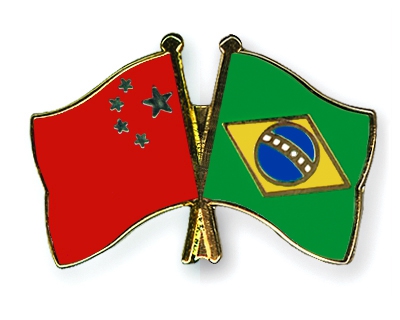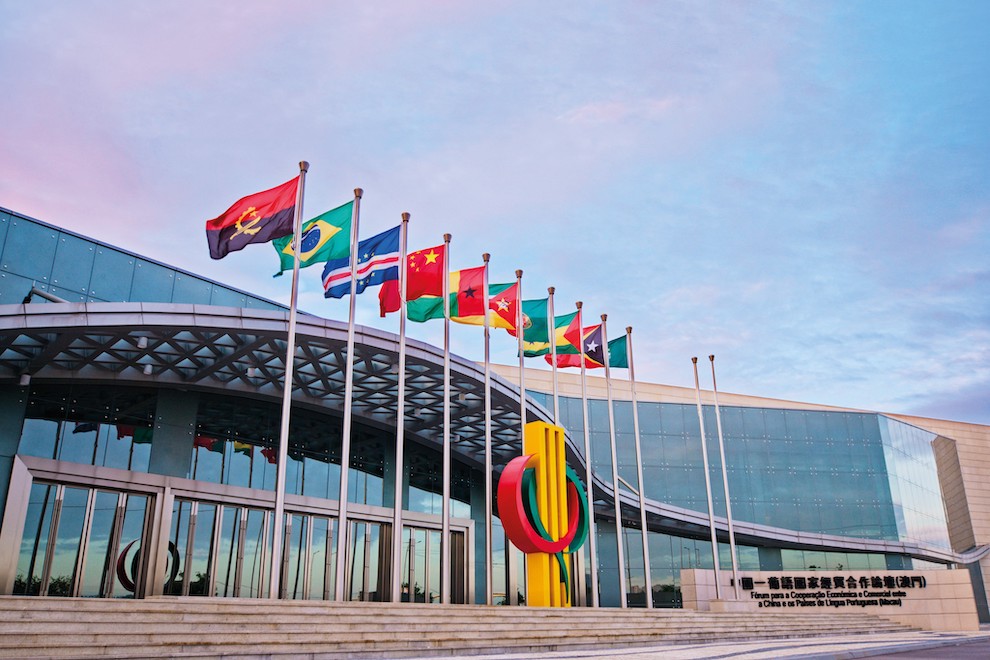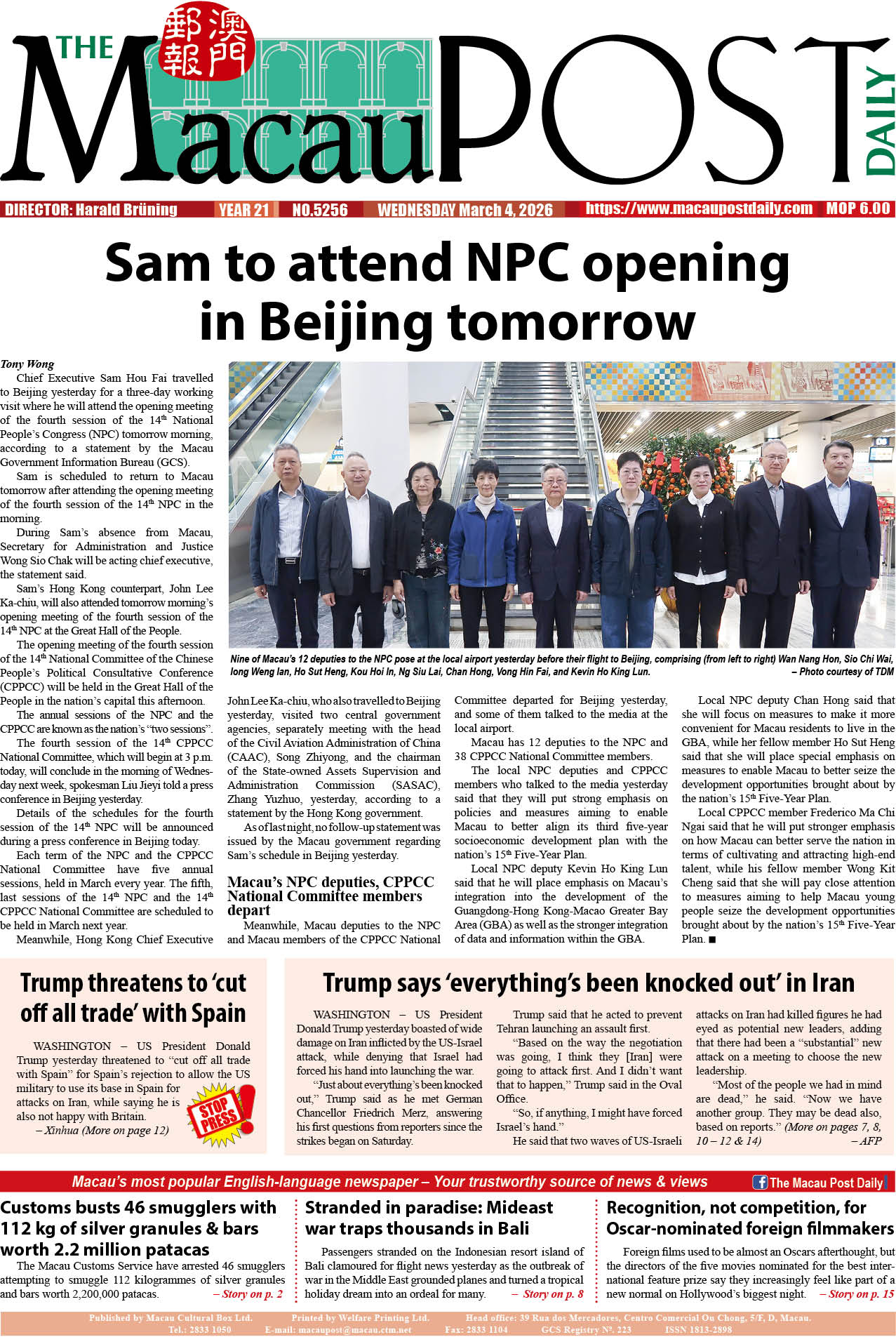Editorial
The war in Ukraine is a human tragedy that could and should have been avoided by all those directly or indirectly involved in it – Moscow, Kyiv, Washington and Brussels (the latter in a double sense, as that’s where both the EU and NATO are headquartered).
Why and how the armed conflict erupted has its historic reasons that I mentioned in a previous editorial. I won’t enumerate them again but would like to reaffirm that as an adherent of the school of realism of international relations I am convinced that NATO’s ill-advised eastwards expansion and the blissful ignorance of Russia’s security interests by the West are the main factors why the war broke out.
Of course, I know that national interests are often disguised as moral concerns.
The war in Ukraine started as a clash between two countries but quickly turned from a regional into an international conflict with global implications when the West hastily unleashed a cascade of economic sanctions against Russia.
My impression is that the sanctions are self-defeating for the West. Rather perversely, the West seems to be sanctioning itself with little regard for its own peoples, by driving up inflation, causing a self-inflected energy crisis and triggering supply chain bottlenecks worldwide.
Even worse, the “unprecedented” sanctions – which US President Jose Biden has described as “economic consequences like none [Putin has] ever seen or ever have been seen” could ultimately affect the whole world, low-income countries in Africa, Asia and the Americas in particular.
As always, it will be world’s billions of common people who will suffer the most from the West’s “unprecedent” sanctions. I think the sanctions are unprecedently irresponsible as they threaten to affect the working class on a global scale – including the West’s low-income strata. There seems to be a quasi-masochistic element in the way politicians in Brussels and elsewhere in the West are slapping ever more severe sanctions on Moscow by willingly taking into account the dire consequences that they will have on their citizens. Perhaps by doing so they feel morally superior to Russia.
Russophobia is one of the most deplorable repercussions of the Ukraine crisis. Boycotting – or appealing for boycotts of – Russian artists, writers, scientists, athletes, musicians and even restaurateurs and shop owners is not just absurd, it’s a shame. What’s next? Sinophobia because of Beijing’s consistent stance on the Ukraine crisis that differs from the West’s?
The tragedy that befell the Ukrainian town of Bucha – irrespective of the circumstances and responsibilities that remain to be ascertained – is one more reason that the war must come to an end as expeditiously as possible. Both sides must be ready for painful compromises. All the political leaders directly or indirectly involved in the conflict – and the media covering it and even the celebrities muscling in – must realise that this is not a reality show – such as Tesla mogul Elon Musk proposing to end the Ukraine crisis with a boxing match between him and Putin.
The horrors of war are virtually unavoidable in any armed conflict. Bucha in Ukraine, Mỹ Lai in Vietnam, Abu Ghraib in Iraq and Srebrenica in Bosnia and Herzegovina are the most recent examples of dreadful incidents caused by warfare.
That’s why the utmost must be done to avoid war – and any war which, for whatever reason, broke out ought to be stopped as soon as possible. Negotiations between the conflicting parties – irrespective of all the loathing and bloodshed involved – and mediation by an honest broker are the right way forward. Turkey seems to be doing its best in its mediatory role. Other countries such as China and Israel could also play a constructive role in the process.
War doesn’t proceed like a Hollywood movie or video game but is a bloody mess.
“War is the realm of uncertainty; three quarters of the factors on which action in war is based are wrapped in a fog of greater or lesser uncertainty. A sensitive and discriminating judgment is called for; a skilled intelligence to scent out the truth,” German military analyst Carl von Clausewitz wrote in his posthumously published book “On War” (1832).
His words still ring true nearly two centuries later.
His concept later became known in English as “fog of war”, i.e., the uncertainty in situational awareness affecting those engaged in military operations.
Well, that’s one more reason to put an end to the war in Ukraine as quickly as possible – and the “unprecedented” sanctions and wave of Russophobia as well!
There are so many things that the world needs to tackle in unison and without delay – such as fighting COVID-19, tackling poverty (China being the shining example), responding to the climate crisis, and setting up regional security systems in lieu of political and military blocs.
The right response to the horrors of war in Ukraine is pragmatism and realism, not emotional outbursts and ineffective sanctions. It would be in no-one’s interest to turn one of the world’s top-two nuclear powers – Russia – into a pariah state. On the contrary, it would render the world even less safe than it already is.
Give peace a chance!
– Harald Brüning









